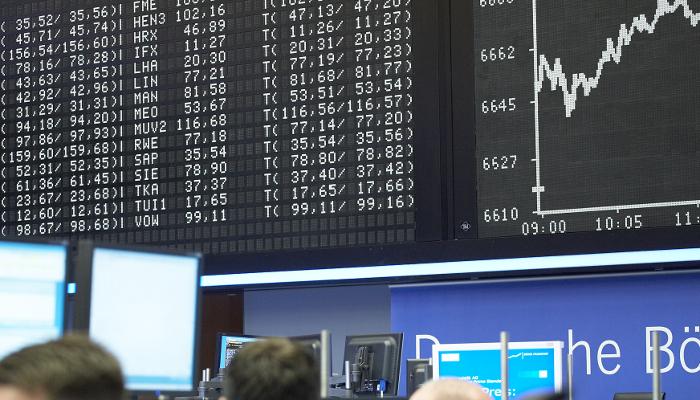Almost two in three institutional investors intend to keep a closer eye on Scale in future and consider it for their investment decisions. There is doubt, however, that the launch of the new segment will really make the German capital market more attractive in the long term.
Share Article
Cologne, 15 may 2017 – Scale, the new small & mid caps segment of Deutsche Börse, was launched on 1 March 2017 with the aim to make the German capital market more attractive again to issuers and investors. For this purpose, the conditions for admission and the follow-up obligations have been made more stringent compared to the Entry Standard, which preceded the new segment.
In the context of an online survey, IR.on asked professional investors about their general view of the new Scale segment and if they consider the conditions for admission and the follow-up obligations to be fulfilled by issuers of equities and corporate bonds to make sense. A total of approximately 40 investors participated in the survey, which was conducted in March and April 2017.
One of the most important findings is that almost two thirds (63.2%) of the participants stated that they intend to consider the new market segment more strongly in their investment decisions. By contrast, only 36.8% of the respondents expect the launch of Scale to increase the attractiveness of the capital market to investors and issuers.

“Analysts’ conference” and “Capital Market Partner liability” are considered to be important follow-up obligations
Opinions about the conditions for admission also differ. Where equities are concerned, criteria such as “positive equity capital” and “company history of at least two years” were rated as making some sense to much sense by the majority of the investors (89.5%). On the other hand, however, aspects such as “estimated minimum market capitalization of € 30 million” and “at least 20 employees” are considered to make little to no sense by 57.9% and 78.9% of the respondents, respectively.
Where corporate bonds are concerned, the respondents are of the opinion that a “company history of at least two years” (81.3%) and “EBIT and EBITDA interest coverage” (80% each) make some sense to much sense. The aspect “placed volume of at least € 20 million” was least accepted, with only 56.3% of the respondents considering it to make some or much sense.
At the bottom line, the survey shows that institutional investors are still sceptical about the new market segment and will therefore keep a close eye on it.
The annual analysts’ conference is regarded as the most important follow-up obligation for both equities and corporate bonds, with 94.7% and 93.8%, respectively, describing it as making some to much sense. The “liability of the Capital Market Partner” was also viewed positively by a majority of the respondents for both equities (68.4%) and bonds (73.3%). However, only 57.9% of the participants believe that the requirement for equity issuers to submit “two research reports” makes sense.
On balance, institutional investors were much more impressed with the follow-up obligations than with the conditions for admission. Moreover, the conditions for admission and the follow-up obligations for corporate bonds were rated slightly more positively than those for equities.
At the bottom line, the survey shows that institutional investors are still sceptical about the new market segment and will therefore keep a close eye on it. The majority of the investors polled do not expect the German capital market to become more attractive, although the new conditions for admission and follow-up obligations are seen as a step in the right direction.